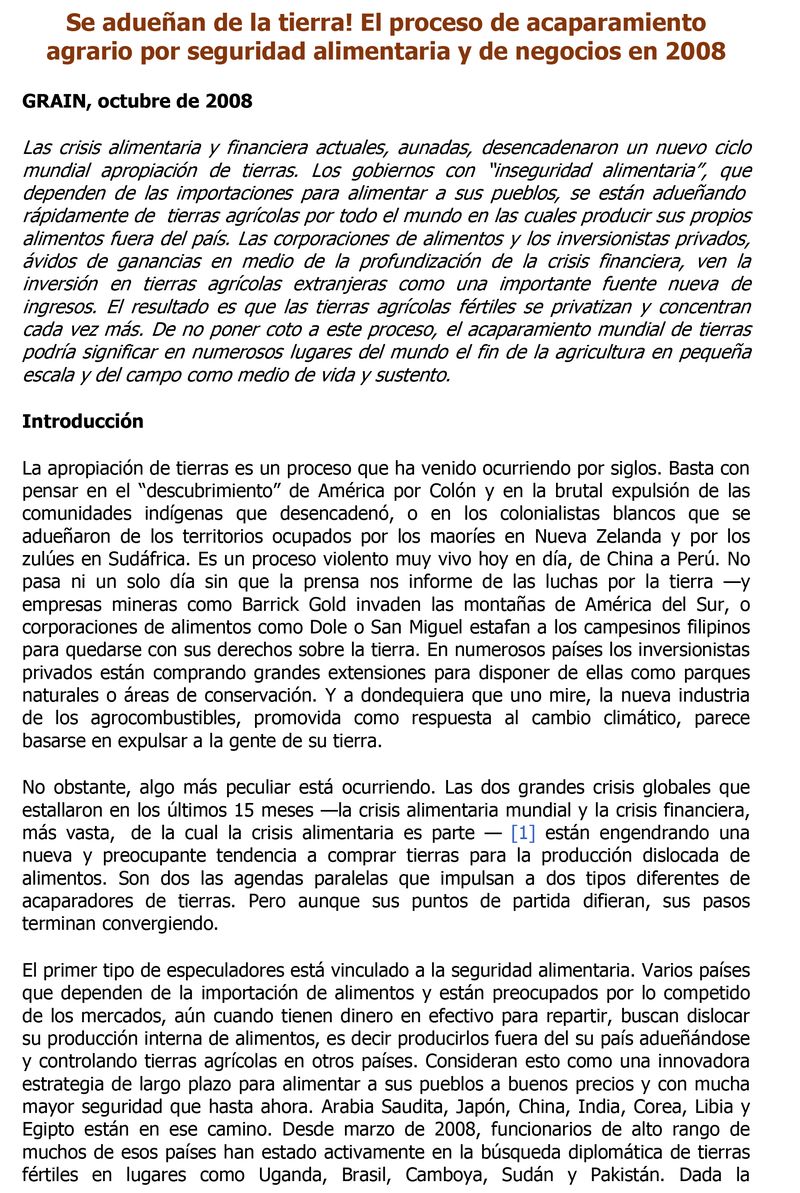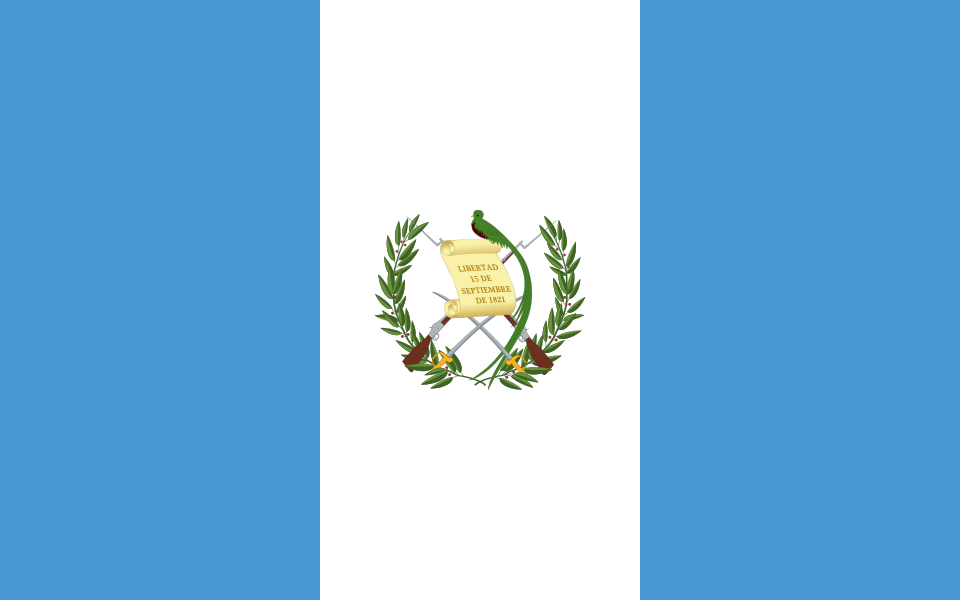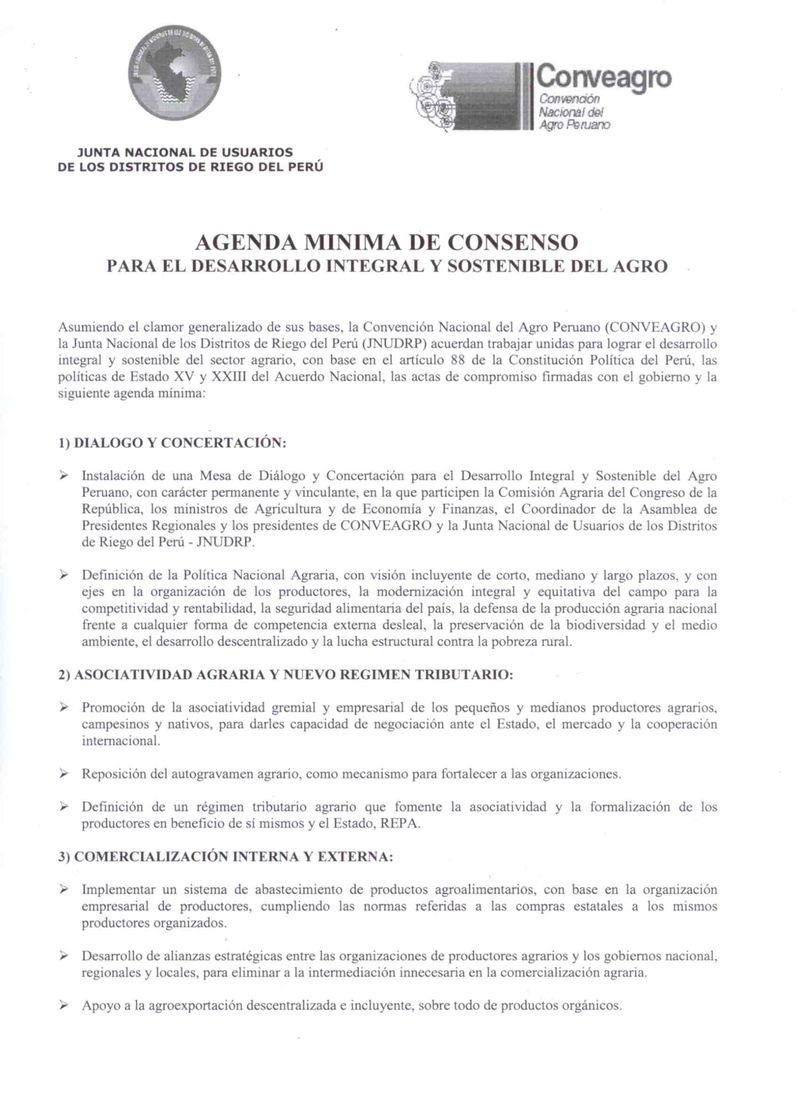Bioenergy and land tenure
Land Tenure Working Paper 1. This document analyzes the implications for land tenure and land policy of biofuels. It examines the current and likely future impacts of the increasing spread of biofuels on access to land in producer countries, particularly for poorer rural people. It aims to pave the way for future empirical research on the links between the spread of biofuels and access to land, through developing a conceptual framework for such research and through taking stock of data available in the literature.








